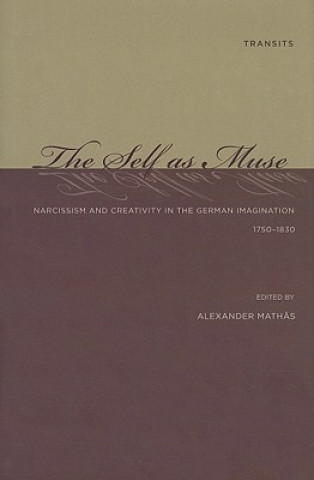
Code: 05091819
Self as Muse
by Alexander Mathas
While there are countless philosophical and psychological studies that focus on sources of the self, narcissism has found relatively little attention in a pre-Freudian context. The Self as Muse fills this gap by examining various ... more
- Language:
 English
English - Binding: Hardback
- Number of pages: 232
Publisher: Bucknell University Press, 2011
- More about this

145.17 €
Availability:
50/50 We think title might be available. Upon your order we will do our best to get it within 6 weeks.
We think title might be available. Upon your order we will do our best to get it within 6 weeks.We search the world
You might also like
-
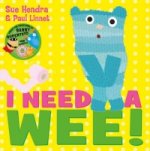
I Need a Wee!
8.28 € -28 % -
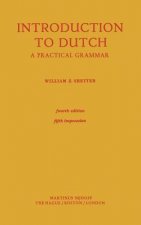
Introduction to Dutch
61.56 € -
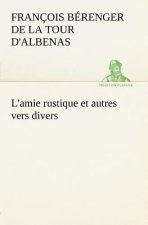
L'amie rustique et autres vers divers
24.86 € -
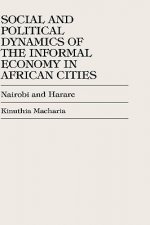
Social and Political Dynamics of the Informal Economy in African Cities
137.99 € -

Uber Die Liebe
59.54 € -

Resurrected God
46.90 €
Give this book as a present today
- Order book and choose Gift Order.
- We will send you book gift voucher at once. You can give it out to anyone.
- Book will be send to donee, nothing more to care about.
Availability alert
Enter your e-mail address and once book will be available,
we will send you a message. It's that simple.
More about Self as Muse
You get 363 loyalty points
 Book synopsis
Book synopsis
While there are countless philosophical and psychological studies that focus on sources of the self, narcissism has found relatively little attention in a pre-Freudian context. The Self as Muse fills this gap by examining various aspects of narcissism and their significance for the outpouring of creativity in late eighteenth and nineteenth-century German literature. In many Eighteenth-century works of the period narcissism refers to the creation of an idealized image of the self and the desire to merge with this image. It provided an impetus for poetic production as writers resorted to the Greek myth of Narcissus to express what they perceived as the inner workings of their soul. Yet they were also acutely aware of the vain, and therefore narcissistic, motivations for their explorations of the self. While those influenced by the Pietist tradition attempted to distinguish between an "unselfish" self-scrutiny and self-indulging vanity, others like Goethe took advantage of narcissism's creative potential and integrated it into their aesthetic endeavors. The abundance of confessional and autobiographical accounts, the burgeoning of poetry drawing on personal experience, the emergence of a type of drama that is based on empathy, and the concern with an individual's ability to control one's senses and emotions in general testify to an unprecedented interest in notions of the self in German literature. Mathas explains the emergence of narcissism in the literature of the period as a sense-inspired concept that aims to bring about a better comprehension of both the self and other human beings, and how writers used narcissism to improve the moral behavior of their readers. It examines eighteenth-century representations of narcissism against the background of Freudian and post-Freudian notions of the concept, and explores narcissism as a creative process that engages both reader and writer in the production of meaning. By showing narcissism's pervasive allure for a broad array of literary productions, the vol
 Book details
Book details
Book category Books in English Literature & literary studies Literature: history & criticism Literary studies: general
145.17 €
- Full title: Self as Muse
- Subtitle: Narcissism and Creativity in the German Imagination 1750-1830
- Author: Alexander Mathas
- Language:
 English
English - Binding: Hardback
- Number of pages: 232
- EAN: 9781611480320
- ISBN: 1611480329
- ID: 05091819
- Publisher: Bucknell University Press
- Weight: 481 g
- Dimensions: 238 × 157 × 21 mm
- Date of publishing: 22. April 2011
Trending among others
-
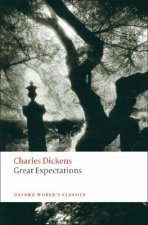
Great Expectations
6.66 € -21 % -
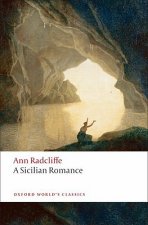
Sicilian Romance
8.28 € -28 % -
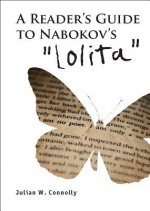
Reader's Guide to Nabokov's 'Lolita'
20.41 € -7 % -

Active Korean 1 Workbook (QR), m. 1 Audio
22.84 € -
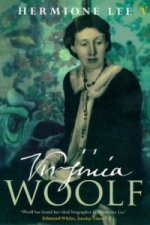
Virginia Woolf
17.28 € -28 % -
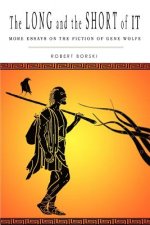
Long and the Short of It
13.03 € -18 % -

Saxo Grammaticus: The History of the Danes, Books I-IX
44.88 € -19 % -
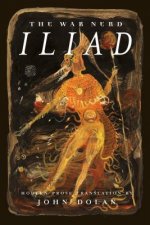
War Nerd Iliad
19.30 € -19 % -

Sejong Korean Extension Activity Book 2A - English Edition, m. 1 Audio
21.83 € -

Means to Freedom
31.73 € -

Means to Freedom
31.73 € -

Talk To Me In Korean Workbook - Level 10, m. 1 Audio
27.08 € -
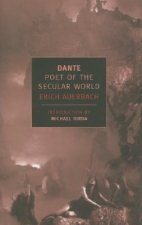
Dante
16.57 € -13 % -
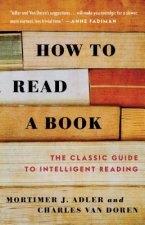
How to Read a Book
14.04 € -10 % -
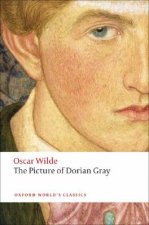
The Picture of Dorian Gray
6.66 € -21 % -
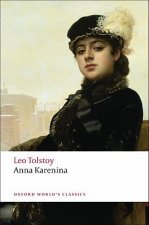
Anna Karenina
9.49 € -14 % -
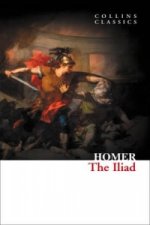
Iliad
4.64 € -13 % -

Collected Poems
19.30 € -28 % -
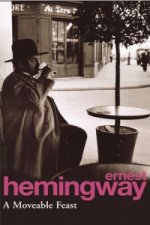
Moveable Feast
9.49 € -20 % -

Golden Bough
15.15 € -20 % -
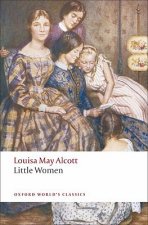
Little Women
8.58 € -15 % -
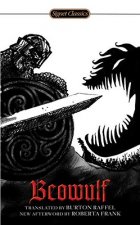
Beowulf
4.94 € -22 % -
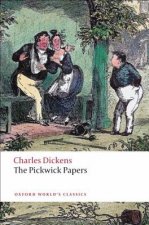
Pickwick Papers
9.49 € -26 % -

Meditations in an Emergency
12.12 € -29 % -

Zofloya
9.29 € -28 % -

Analysis of Roland Barthes's The Death of the Author
8.58 € -9 % -
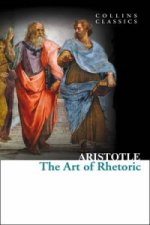
Art of Rhetoric
3.53 € -4 % -

Saga of Tanya the Evil, Vol. 3
10.10 € -28 % -

Sejong Korean Student Book 2A - English Edition, m. 1 Audio
29.11 € -

Wide Sargasso Sea
9.19 € -16 % -

Simple Passion
8.58 € -21 % -
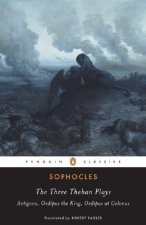
Three Theban Plays
9.29 € -28 % -

Two Treatises of Government
8.99 € -19 % -
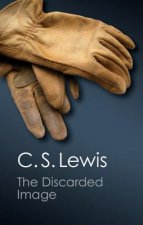
Discarded Image
17.88 € -14 % -
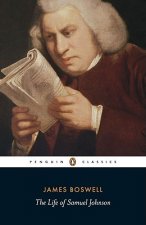
Life of Samuel Johnson
24.86 € -
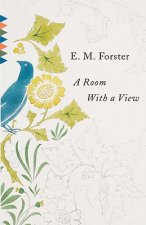
Room With A View
9.90 € -18 % -
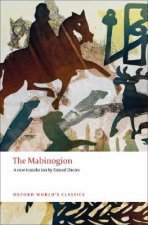
Mabinogion
10.30 € -28 % -
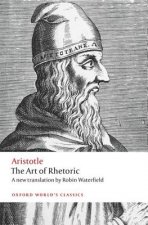
Art of Rhetoric
10.30 € -28 % -

Ivanhoe
9.80 € -19 % -

Why Orwell Matters
14.24 € -21 % -

Literature and Evil
12.93 € -17 % -

Literary analysis for English Literature for the IB Diploma
34.67 € -
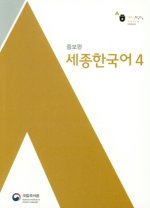
Sejong Korean 4, m. 1 Audio
27.08 € -
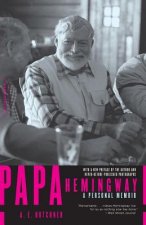
Papa Hemingway
16.67 € -21 % -

Literary Wonderlands
28.20 € -14 % -

Learn! KOREAN With BTS | 4-Book Set | With Motipen | Korean Learning for Basic Learners | With Korean Keyboard Stickers, m. 1 Audio, m. 1 Beilage, 2 T
147.90 € -4 % -
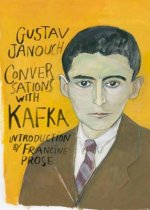
Conversations with Kafka
14.24 € -16 % -
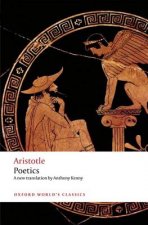
Poetics
10.61 € -18 % -

To the Lighthouse
7.67 € -24 %
Collection points Bratislava a 2642 dalších
Copyright ©2008-24 najlacnejsie-knihy.sk All rights reservedPrivacyCookies


 15549 collection points
15549 collection points Delivery 2.99 €
Delivery 2.99 € 02/210 210 99 (8-15.30h)
02/210 210 99 (8-15.30h)